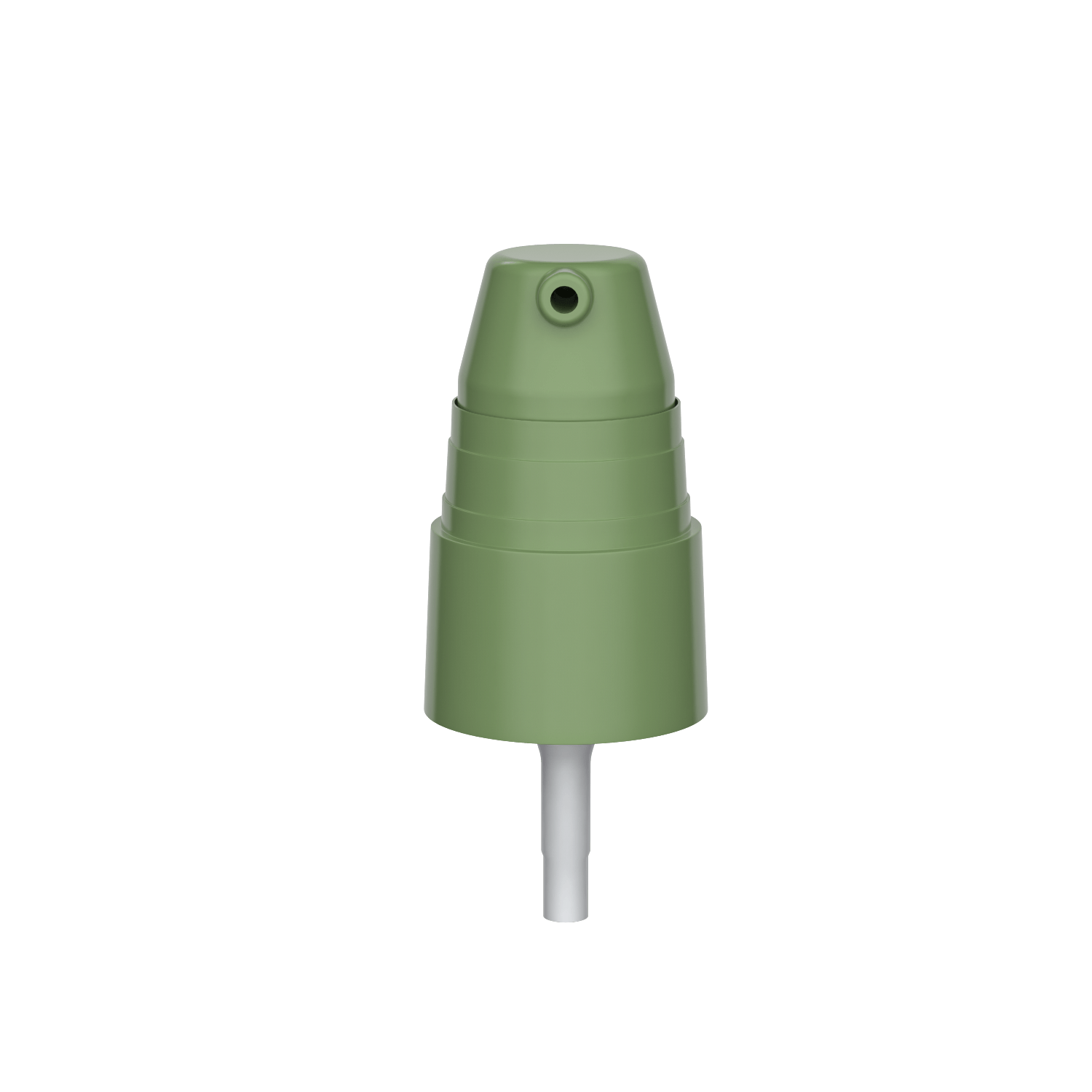Main functions of treatment pumps
A treatment pump is a device used for liquid delivery and treatment. Its main function is to transport liquid from one place to another through mechanical energy. It is often used in various process systems that require liquid flow and management. Treatment pumps can effectively improve the efficiency of liquid flow and maintain stable flow and pressure during some specific operations. Depending on its application field, treatment pumps play different roles in different industrial occasions and are widely used in various liquid delivery, mixing, heating, cooling and other operations.

The main functions of treatment pumps include:
Liquid delivery: Treatment pumps can transport liquids from one place to another and maintain constant flow and pressure. This is especially important for systems that require precise flow control.
Liquid mixing: Some treatment pumps are not just simple delivery functions, but can also help mix liquids during the delivery process, especially in industries such as chemicals and food, where liquid mixing is crucial.
Liquid heating and cooling: In some applications, treatment pumps can work with heat exchange equipment to achieve liquid heating or cooling.
Transporting high-viscosity liquids: Some treatment pumps are specially designed to transport high-viscosity, particle-containing or corrosive liquids. They usually have stronger pressure output and the ability to adapt to harsh working conditions.
Wastewater treatment: During the wastewater treatment process, treatment pumps are used to extract, transport and treat wastewater or sewage, ensuring that the wastewater is effectively purified and decomposed in the treatment plant.
Industries for treatment pumps
Treatment pumps have a wide range of applications and can adapt to a variety of industrial and environmental needs. Here are several major industry sectors that rely on treatment pumps to maintain the smooth progress of production processes.
Chemical industry
The chemical industry has very strict requirements for liquid flow and transportation, especially in some highly corrosive and high-temperature environments. Treatment pumps are often used for the transportation, mixing and treatment of chemicals. These pumps must not only have sufficient corrosion resistance, but also be able to cope with high pressure and high temperature conditions. Whether it is acid and alkali liquids or other special chemical liquids, treatment pumps can ensure stable material transportation.
In chemical production, the main applications of treatment pumps include:
Transporting corrosive chemicals.
Circulation of liquids during reactions.
Transportation of high-viscosity chemicals.
Wastewater treatment industry
In the wastewater treatment industry, the role of treatment pumps is particularly important. It can effectively transport and treat wastewater, sewage and industrial waste liquids. Treatment pumps are often used in important links such as inlet and outlet treatment, sedimentation tanks, and reaction tanks in sewage treatment plants. Especially when treating sewage containing a large amount of suspended matter and impurities, treatment pumps need to have strong self-priming and wear resistance.
Common application areas include:
Municipal sewage treatment.
Industrial wastewater treatment.
Leachate transportation.
Food and beverage industry
The demand for treatment pumps in the food and beverage industry is mainly concentrated in the process of liquid transportation and mixing. Such pumps need to meet food safety standards and ensure the quality and safety of liquids throughout the production process. During the processing process, the corrosion resistance, hygiene performance and adaptability of the pump are crucial, especially when transporting perishable liquids or high-viscosity fluids.
The main applications in the food industry include:
The transportation of milk, juice and other beverages.
Mixing and heating of liquid foods.
The transportation of high-viscosity food materials, such as jams, syrups, etc.
Oil and gas industry
The oil and gas industry has extremely high requirements for treatment pumps, especially for applications under high pressure and harsh environments. Treatment pumps are commonly used in this industry to transport oil, gas and related products. Treatment pumps need to have sufficient pressure resistance, corrosion resistance, and be able to adapt to high temperature and high pressure working environments.
Typical applications include:
Liquid transportation in oil exploration and production.
Oilfield water treatment.
Fuel transportation and distribution.
Pharmaceutical industry
In the pharmaceutical industry, the hygiene and reliability of treatment pumps are its most important requirements. The pharmaceutical process requires precise control of the liquid delivery speed and flow rate to ensure the quality consistency of the product. Treatment pumps not only need to meet strict hygiene standards, but also need to be able to handle different types of liquids and powders, especially when operating under sterile conditions.
Common applications include:
Delivery of pharmaceutical raw materials.
Production of injections and liquid drugs.
Liquid mixing in biopharmaceuticals.
Technical requirements of treatment pumps in different industries
The following table shows the technical requirements and characteristics of treatment pumps used in several major industries.
|
Industry |
Technical Requirements |
Application Features |
|
Chemical Industry |
Corrosion-resistant, high-temperature, high-pressure endurance |
Transporting chemical liquids, especially highly corrosive ones |
|
Wastewater Treatment |
Wear-resistant, strong self-priming capability, suitable for harsh conditions |
Transporting wastewater containing impurities and suspended solids |
|
Food and Beverage |
Hygiene, safety, ability to handle high-viscosity materials |
Transporting food ingredients and beverage liquids, meeting hygiene standards |
|
Oil and Gas |
High pressure tolerance, high-temperature resistance, corrosion resistance |
Transporting oil, natural gas, and fluids in oil exploration |
|
Pharmaceutical Industry |
Hygiene, precise flow control, high cleanliness |
Precise transportation of liquid medicines and sterile operations |
.png)
 English
English Español
Español русский
русский Français
Français italiano
italiano Deutsch
Deutsch